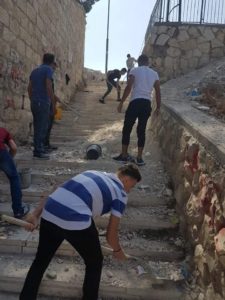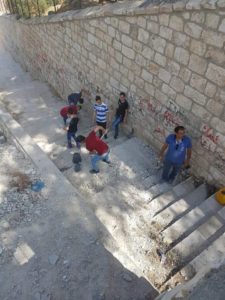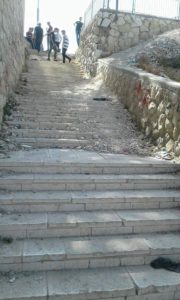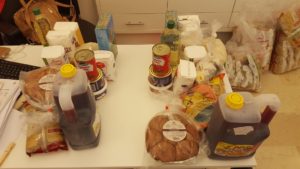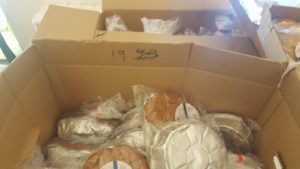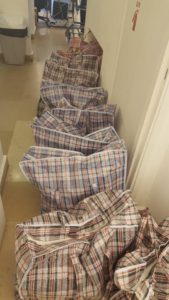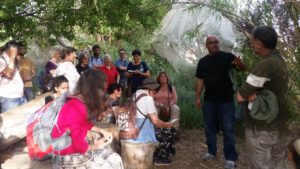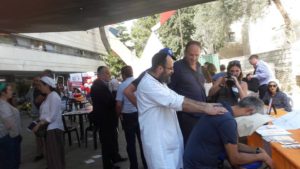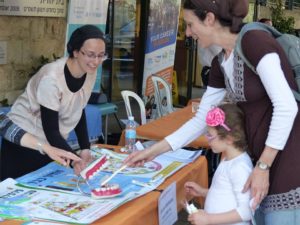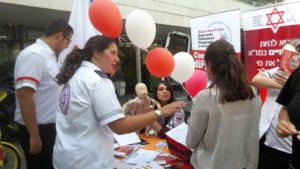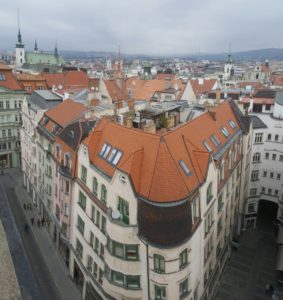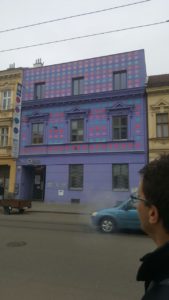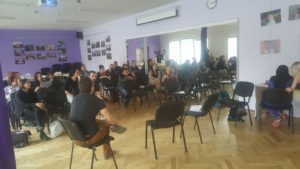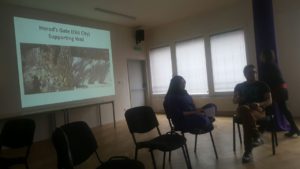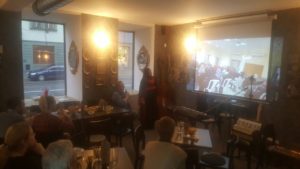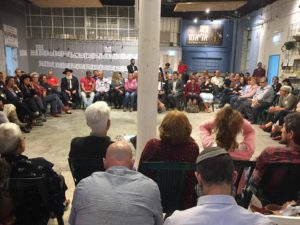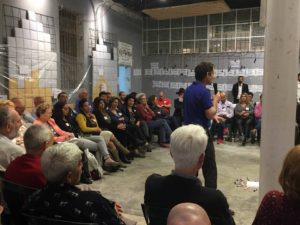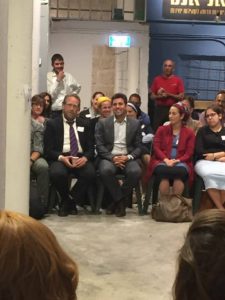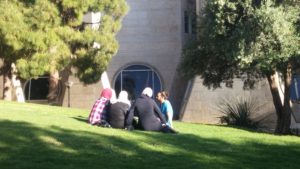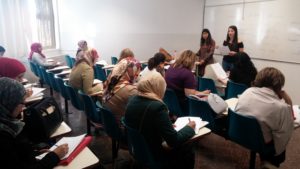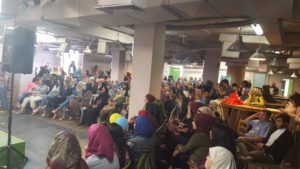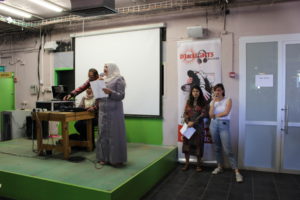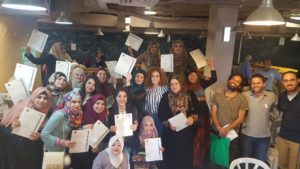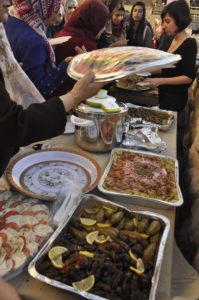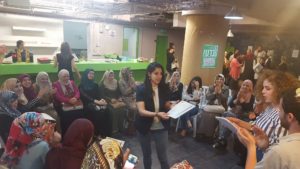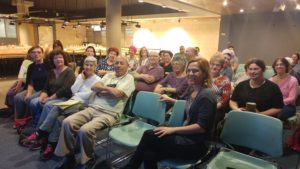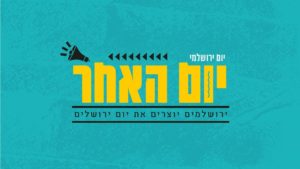Why a Community Cleanup Operation is Such a Big Deal
Community clean up operations are always good – they show citizen involvement, a desire for the resident-on-the-street to make a noticeable different in his or her immediate surroundings, more pleasant environment. But sometimes, they represent much, much more.
The community clean-up that took place in Ras al-Amud in mid-May by students of the Boys Comprehensive Junior / Senior High School, is one of those cases. For the first time, this community clean-up operation was organized and overseen by a newly-trained Parents Association.
Over the past year, we’ve been working, steadily and surely, with Parents Associations in Ras al-Amud and Silwan, as well as in Sur Baher. This work has included training on the rights and obligations of the Parents Association, on how to hold meetings and elect members, on potential work directions, and more. Slowly but surely, Parents Associations have been formed in 5-6 individual schools, plus central Parents Associations in each of the neighborhoods to coordinate efforts. Successes include:
- Organizing a graduation ceremony at a school in Ras al-Amud after the principal decided not to organize one.
- Organizing the community clean-up operation seen above
After the Ramadan holiday, all Parents Associations are already gearing up for the upcoming school year, creating lists of repairs that need to be made, setting out potential activities that can be organized and implemented, and more. May this be the beginning of fruitful partnership of the parents in East Jerusalem in their children’s education.
Many thanks to the Leichtag Foundation for its support of this program.

